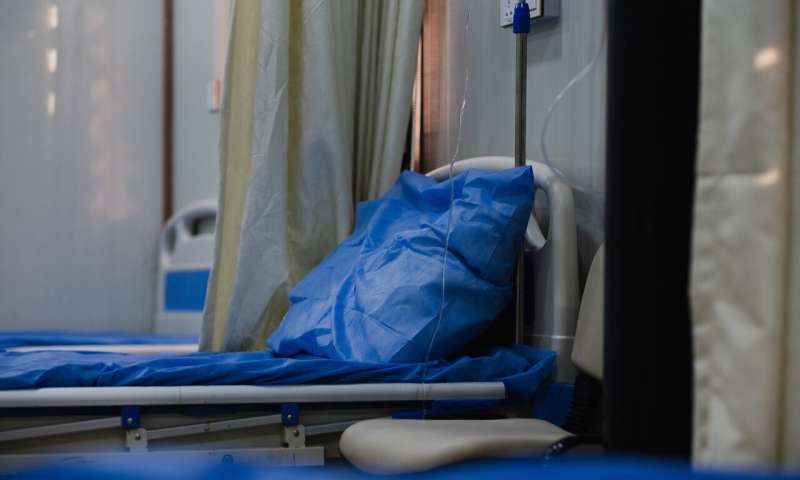Researchers find MIS-C associated with myocardial injury

Using sensitive parameters to assess cardiac function, researchers at Children's Hospital of Philadelphia (CHOP) have found that cardiac involvement in multisystem inflammatory syndrome in children (MIS-C) differs from Kawasaki disease (KD) and is associated with myocardial injury. The findings were published recently in the Journal of the American College of Cardiology.
Thought to be a post-viral hyperinflammatory response related to COVID-19, MIS-C has some clinical overlap with KD, an inflammatory condition that causes rash, fever, and inflammation of the blood vessels in children. However, the two conditions differ in important ways, particularly when it comes to cardiac involvement. By utilizing a cardiac parameter known as strain, which measures subtle changes in cardiac function not detected by conventional echocardiography, the research team was able to show that while the coronary arteries were not typically involved in MIS-C as they are in KD, myocardial injury was more common in MIS-C.
"By using this novel approach for assessing cardiac function, we were able to detect subtle myocardial changes that were not detected by conventional echocardiography," said senior author Anirban Banerjee, MD, FACC, an attending cardiologist with the Cardiac Center at CHOP. "Long-term follow-up is essential to fully understand this new disease, including cardiac MRI studies to evaluate for myocardial scarring. This is especially true when considering the possible lingering effects of myocardial injury and consequent need for caution in sports participation."
In a retrospective study, the researchers compared echocardiographic findings in 28 patients with MIS-C, 20 patients with classic KD, and 20 healthy controls. The research team analyzed echocardiographic parameters, including various measures of strain, during the acute phase in patients with MIS-C and KD and during the subacute phase in the MIS-C patients (approximately 5 days after hospitalization).
While only one case in the MIS-C group presented with coronary artery dilation, cardiac injury and dysfunction were common, occurring in approximately 60% of MIS-C patients. Left ventricular systolic and diastolic function were worse in MIS-C compared to KD, and although systolic dysfunction in MIS-C patients recovered quickly within several days, diastolic dysfunction persisted. In addition to the left ventricle, both the right ventricle and left atrium—sometimes called the "forgotten chambers" of the heart—were significantly affected. Abnormal strain measurements in the latter two chambers correlated strongly with biomarkers of myocardial injury in MIS-C.
"Larger studies will be needed to fully characterize coronary involvement in MIS-C," Banerjee said. "Given the results of this study, we recommend following up with MIS-C patients several times over a one-year period, in a pattern similar to patients with Kawasaki disease, even if they look well outwardly."
More information: Daisuke Matsubara et al, Echocardiographic Findings in Pediatric Multisystem Inflammatory Syndrome Associated with COVID-19 in the United States, Journal of the American College of Cardiology (2020). DOI: 10.1016/j.jacc.2020.08.056



















